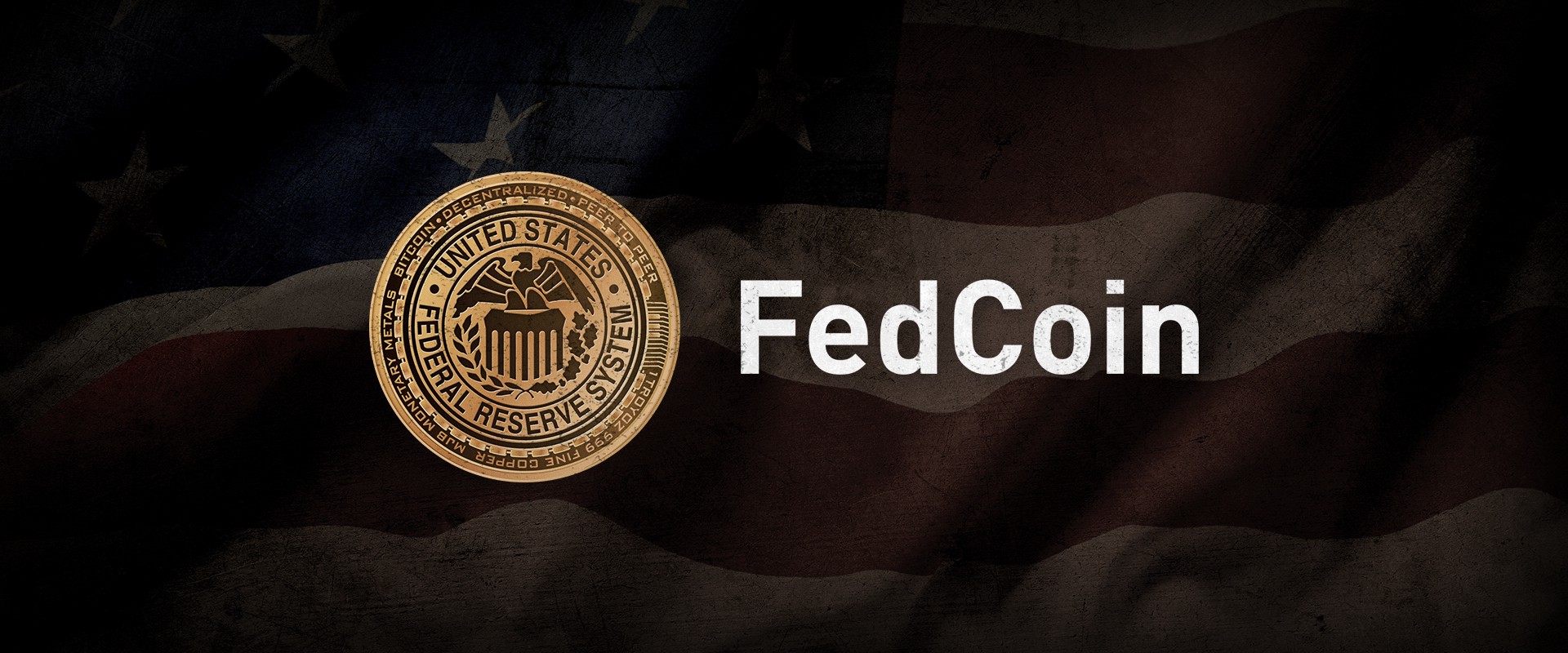PALO ALTO, Calif. (Reuters) - The Federal Reserve is looking at a broad variety of concerns around digital payments and currencies, including policy, design and legal factors to consider around potentially issuing its own digital currency, Guv Lael Brainard stated on Wednesday. Brainard's remarks recommend more openness to the possibility of a Fed-issued digital coin than in the past." By transforming payments, digitalization has the potential to provide higher value and convenience at lower cost," Brainard said at a conference on payments at the Stanford Graduate School of Company.

Reserve banks worldwide are debating how to handle digital financing innovation and the distributed ledger systems used by bitcoin, which promises near-instantaneous payment at potentially low cost. The Fed is developing its own day-and-night real-time payments and settlement service and is currently reviewing 200 remark letters submitted late in 2015 about the proposed service's design and scope, Brainard said.
Less than two years ago Brainard told a conference in San Francisco that there is "no compelling showed requirement" for such a coin. However that was prior to the scope of Facebook's digital currency aspirations were commonly known. Fed authorities, consisting of Brainard, have raised issues about customer protections and information and privacy hazards that could be presented by a currency that might enter usage by the 3rd of the world's population that have Facebook accounts.
" We are collaborating with other central banks as we advance our understanding of reserve bank digital currencies," she stated. With more countries checking out providing their own digital currencies, Brainard said, that contributes to "a set of factors to likewise be making sure that we are that frontier of both research and policy development." In the United States, Brainard stated, concerns that require study include whether a digital currency would make the payments system more secure or simpler, and whether it might posture financial stability risks, consisting of the possibility of bank runs if cash can be turned "with a single swipe" into the reserve bank's digital currency.
To counter the financial damage from America's unprecedented nationwide lockdown, the Federal Reserve has actually taken extraordinary steps, consisting of flooding the economy with dollars and investing straight in the economy. Most of these relocations received grudging approval even from numerous Fed doubters, as they saw this stimulus as needed and something just the Fed might do.
My new CEI report, "Government-Run Payment Systems Are Unsafe at Any Speed: The Case Against Fedcoin and FedNow," details the risks of the Fed's existing prepare for its FedNow real-time payment system, and proposals for main bank-issued cryptocurrency that have been called Fedcoin or the "digital dollar." In my report, I go over issues about privacy, data security, currency manipulation, and crowding out private-sector competitors and innovation.
Supporters of FedNow and Fedcoin state the federal government needs to create a system for payments to deposit instantly, rather than encourage such systems in the economic sector by lifting regulatory barriers. But as kept in mind in the paper, the private sector is providing a seemingly endless supply of payment innovations and digital currencies to fix the problemto the extent it is a problemof the time space between when a payment is sent and when it is received in a checking account.
And the examples of private-sector innovation in this area are many. The Cleaning House, a bank-held cooperative that has actually been routing interbank Click here payments in numerous kinds for more than 150 years, has been clearing real-time payments because 2017. By the end of 2018 it was covering half of the deposit base in the U.S.